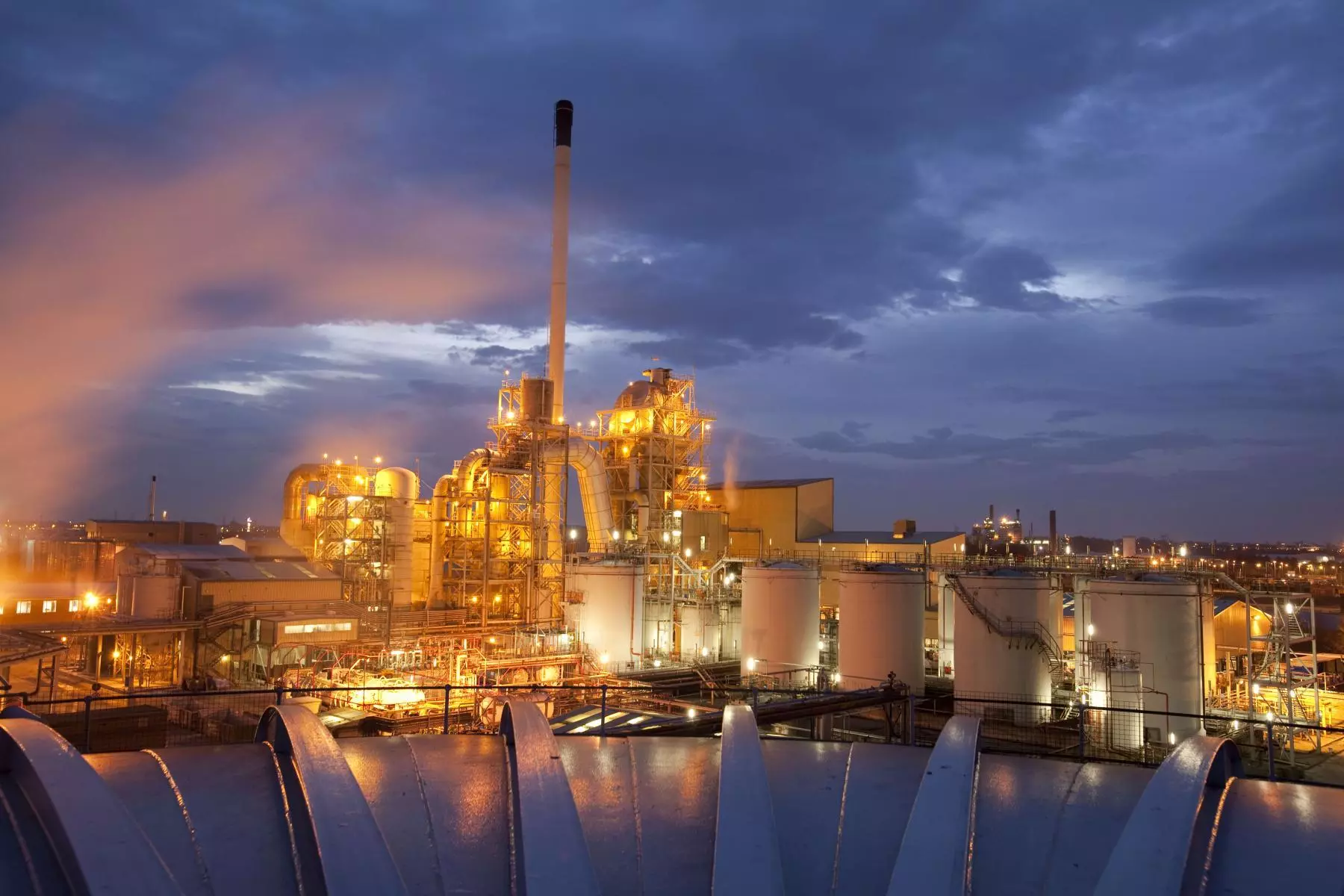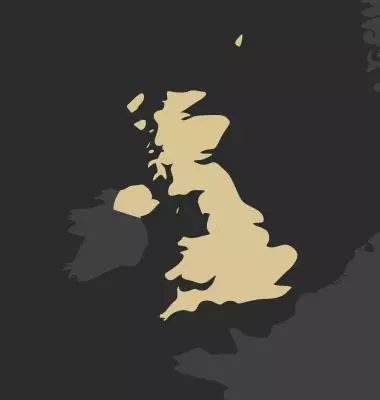
APPOINTED BY THE BRITISH GOVERNMENT
The batch of so-called “Class B precursor” chemicals were treated at Veolia’s Ellesmere Port High Temperature incinerator (HTi) in the United Kingdom, near Liverpool, under the existing hazardous waste treatment contract between Veolia and the Disposal Services Authority, a part of the UK Ministry of Defence.
“Class B precursors” are used in the manufacture of chemical weapons but in their singular form are only classed as hazardous industrial products. These material components are commonly used in the pharmaceuticals industry and are similar in nature to the other industrial products treated at the Ellesmere Port site throughout the year.
VERY HIGH SAFETY STANDARDS
This HTi facility also treats low-level radioactive waste, and complies with very high safety standards, meets high environmental performance levels and is subject to regular, stringent inspections by the relevant authorities.
It is technically one of the most advanced in Europe and treats around 100,000 metric tons of hazardous waste each year and employs over 70 staff.
Veolia’s international expertise in hazardous waste treatment was the stand-out differentiator leading the British authorities to make their choice under this highly sensitive call for tenders.
Estelle Brachlianoff
Executive Vice President, Veolia, Director Northern Europe Zone
“Veolia’s Ellesmere Port plant incorporates all the latest incineration, and gas and effluent treatment technology. It is certified under the international ISO9001, ISO14001 and OHSAS 18001 quality and safety standards.“
Key figures
- Incineration temperature of up to 1,200°C
Customer benefits
The Ellesmere Port plant treats:
- Highly toxic or malodorous gases and liquids
- Bulk liquids and liquid in drums
- Low-level radioactive waste
- Pharmaceutical products
- Contaminated packaging and other material
- Contaminated soil
- Oily sludge
- Sensitive and special products
Solution
- Hazardous material treatment
Learn how Veolia is resourcing the world
> See how we’re transforming waste into secondary raw materials

194 t of chemical to be destroyed
100,000 t of hazardous material treated per year

